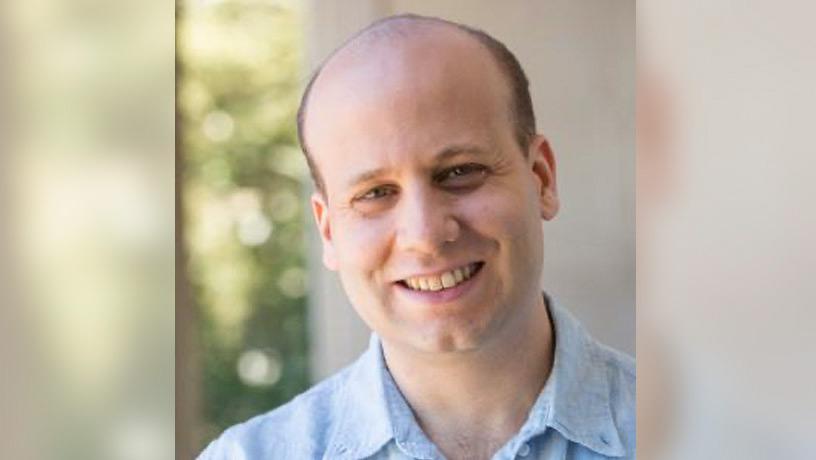Prof Asaf Cidon Wins NSF Grant to Tackle Carbon Emissions from Cloud Computing

A team co-led by Asaf Cidon, assistant professor of electrical engineering, has won a prestigious $3 million National Science Foundation/Vmware grant to help build sustainable data centers. The team, which includes researchers from the University of Washington (co-PI Tom Anderson and Irene Zhang), MIT (Adam Belay), and the University of Michigan (Mosharaf Chowdhury), is one of only two teams to win the award.
Their project, TreeHouse, is targeted at establishing foundations for developing the software infrastructure that can help track and control the energy consumption and carbon footprint of cloud data centers.
Currently, data center energy needs use up about 1% of global electricity consumption. But Cidon, an expert in cloud computing systems and a member of the Data Science Institute, notes that “with demand for data center computing projected to double every few years—especially with the rise of energy-hungry AI and large-scale data science—the electric consumption of computing is set to grow exponentially, and will be a major source of carbon emissions.”
While there has been a good deal of work on making the hardware infrastructure of data centers more energy-efficient, much less attention has been paid to the energy efficiency of the data center software. For example, organizations that run applications in the cloud have no way today to determine how much energy their applications are consuming over time, what their carbon footprint is, and what steps they can take to reduce their digital carbon footprint. In addition, even with perfect hardware-level efficiency, cloud software applications often poorly utilize their available hardware, which leads to wasted energy.
The PIs expect TreeHouse to solve these problems by providing visibility and accountability at the software layer, enabling cloud application developers for the first time to track and control their carbon footprint. TreeHouse also will allow application developers to explicitly specify their application's performance goals and deadlines. Using this information, TreeHouse will make scheduling decisions that reduce energy consumption. For example, non-delay-sensitive batch jobs, such as crunching the data for assembling a daily business report, or retraining a machine-learning model, could be scheduled for times when demand is lower, or when renewable energy such as wind/solar is available.
“We aim to design a set of new software abstractions that provide much finer-grained and energy-efficient computing, which will lead to higher utilization of existing hardware resources,” Cidon notes. “TreeHouse will serve as a new vehicle for collaboration on tackling the carbon emissions caused by cloud computing, bringing together researchers from all four major universities, together with industry partners, including VMware, Microsoft, and IBM. In creating sustainable digital infrastructure, Treehouse is firmly in line with Columbia’s climate initiatives, as well as those of our nation and indeed the world.”
